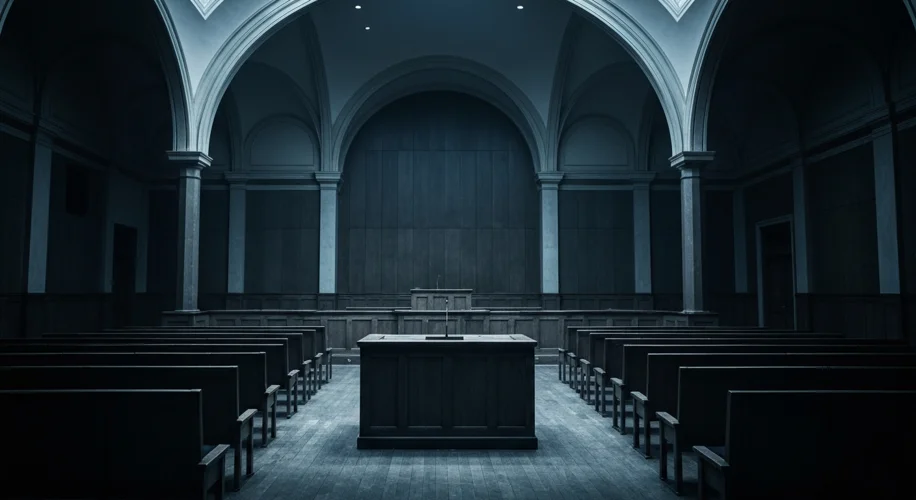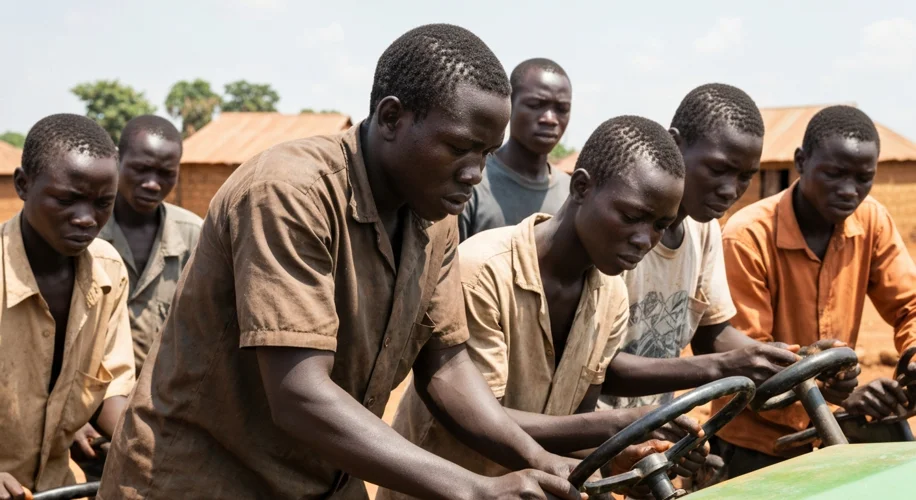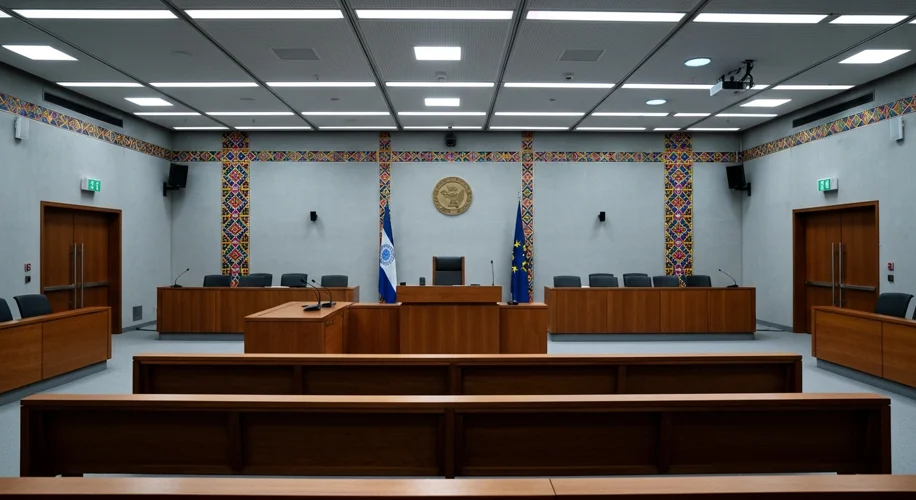The year is 2023. Across the lush, yet scarred landscapes of Central Africa, a name still whispers like a phantom in the wind: Joseph Kony. For decades, this Ugandan rebel leader and his Lord’s Resistance Army (LRA) have cast a long, dark shadow over the lives of countless innocent civilians. Their reign of terror, marked by unspeakable atrocities, has left an indelible stain on recent history. But even as Kony himself remains at large, the wheels of international justice have been set in motion, seeking to hold him accountable for the unimaginable horrors inflicted upon thousands.
The story of Joseph Kony and the LRA is not just one of rebellion; it is a brutal testament to the weaponization of childhood and the systematic destruction of human dignity. Emerging in the late 1980s in northern Uganda, the LRA’s ideology was a bizarre and brutal cocktail of mysticism and anti-government fervor. Led by Kony, who claimed divine inspiration, the group’s primary tactic was the mass abduction of children. These stolen children were then subjected to a brutal indoctrination, transformed into child soldiers, sex slaves, and forced laborers. Their innocence was shattered, their futures stolen, replaced by a life of violence, fear, and survival.
Imagine the scene: a peaceful village, the sounds of children playing echoing through the twilight. Suddenly, the air is rent by the terrifying war cries of the LRA. Homes are set ablaze, parents are brutally murdered, and children, some as young as seven or eight, are rounded up, their terrified cries swallowed by the night. This was a recurring nightmare across Uganda, southern Sudan, the Democratic Republic of Congo, and the Central African Republic for over two decades. The LRA’s modus operandi was chillingly effective: by abducting and brutalizing children, they not only replenished their ranks but also sowed terror and destroyed the social fabric of the communities they attacked.

The key actors in this grim drama are many, but Joseph Kony stands as the central figure of malevolence. His followers, indoctrined and often terrified themselves, acted as his instruments of brutality. The victims, the countless children and adults whose lives were irrevocably altered, represent the silent majority whose stories form the tragic backbone of this insurgency. International bodies, particularly the International Criminal Court (ICC), emerged as crucial players in the pursuit of justice, striving to bring Kony and his commanders to account.
In 2005, the ICC issued arrest warrants for Joseph Kony and four other LRA commanders: Vincent Otti, Okot Odhiambo, Raska Lukwiya, and Dominic Ongwen. The charges were grave: war crimes and crimes against humanity. These included murder, enslavement, sexual slavery, and the conscription of child soldiers. The aim was not merely punishment, but also to send a clear message that such heinous acts would not go unpunished, regardless of how far the perpetrators tried to hide.
The pursuit of Kony has been a protracted and frustrating affair. For years, he evaded capture, often moving between the porous borders of Central African nations. The complexities of regional politics, ongoing conflicts, and the sheer vastness of the territories involved have hampered efforts to bring him to justice. Despite massive international efforts, including the deployment of special forces and the offering of substantial rewards, Kony remains a fugitive.
However, the story doesn’t end with his evasion. In 2021, Dominic Ongwen, one of the LRA commanders indicted by the ICC, was convicted and sentenced to 25 years in prison. This marked a significant, albeit partial, victory for the victims and a crucial step in establishing accountability. Ongwen’s trial highlighted the devastating impact of the LRA’s actions, with numerous victims bravely testifying to the horrific abuse they endured.

The consequences of the LRA’s insurgency have been catastrophic. Millions have been displaced, infrastructure has been decimated, and entire generations have been traumatized. The abduction of children has not only robbed them of their childhoods but has also created a complex web of social and psychological challenges for post-conflict recovery. The long-term impact on families and communities is profound, with many struggling to rebuild their lives in the wake of such prolonged suffering.
The trial of Joseph Kony, even in his absence, serves as a powerful reminder of the international community’s commitment to justice. It underscores the critical need to protect vulnerable populations, particularly children, in conflict zones. The legal and moral implications of the LRA’s actions have been laid bare, forcing a global conversation about accountability for the most heinous crimes. While the ghost of Kony may still elude capture, the pursuit of justice for his victims continues, a testament to the enduring human spirit and the unwavering quest for a world where such atrocities are never forgotten and never repeated.
The story of Joseph Kony and the LRA is a dark chapter in human history, but it is also one that highlights the evolving landscape of international law and the persistent fight against impunity. The pursuit of justice, though arduous, offers a glimmer of hope that even the most elusive perpetrators can eventually be held accountable for their crimes.

